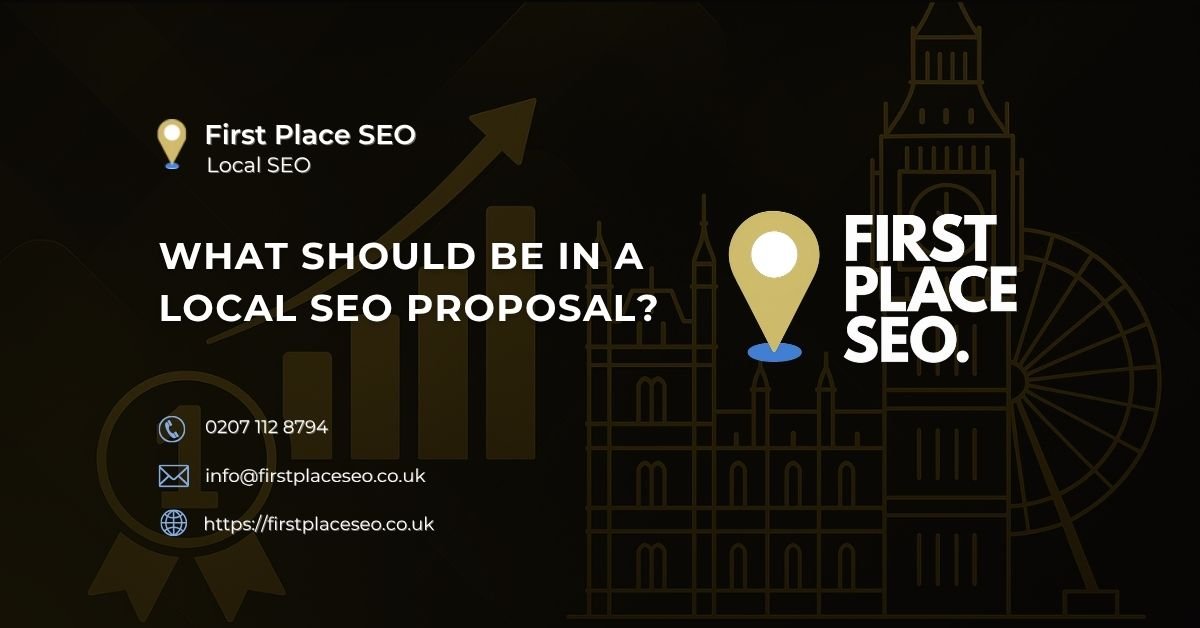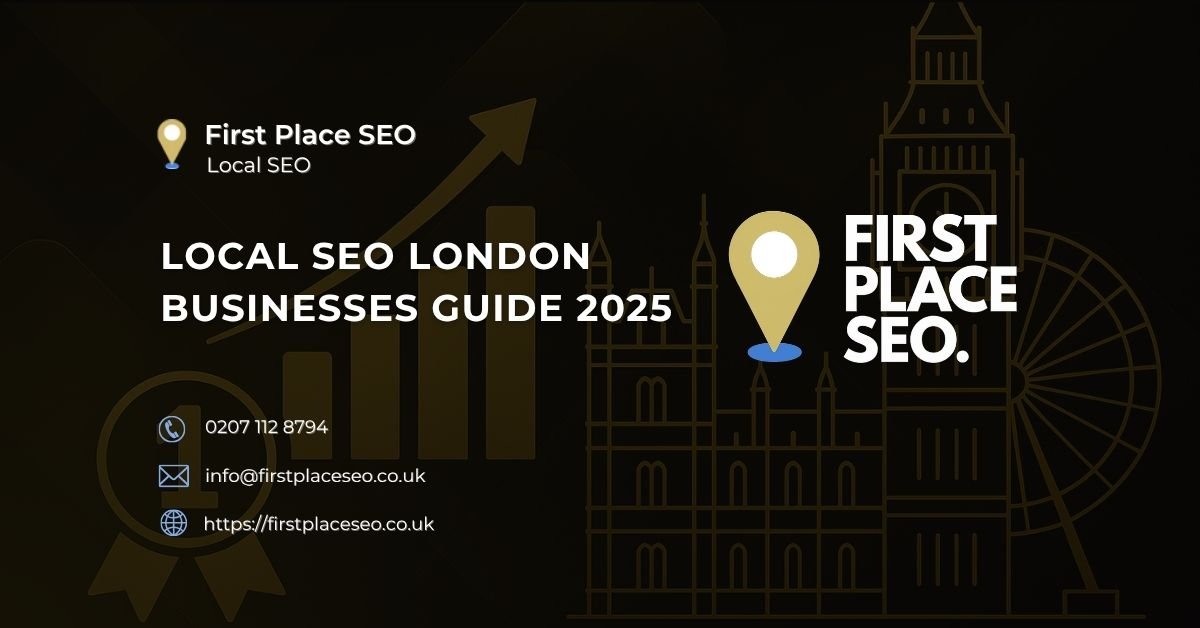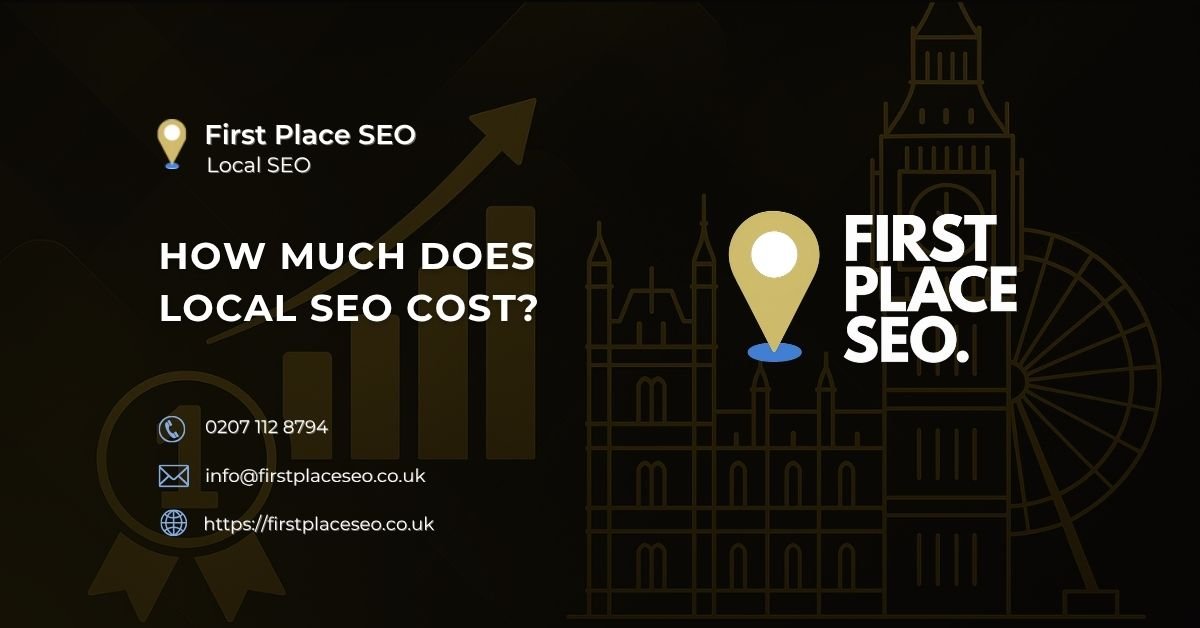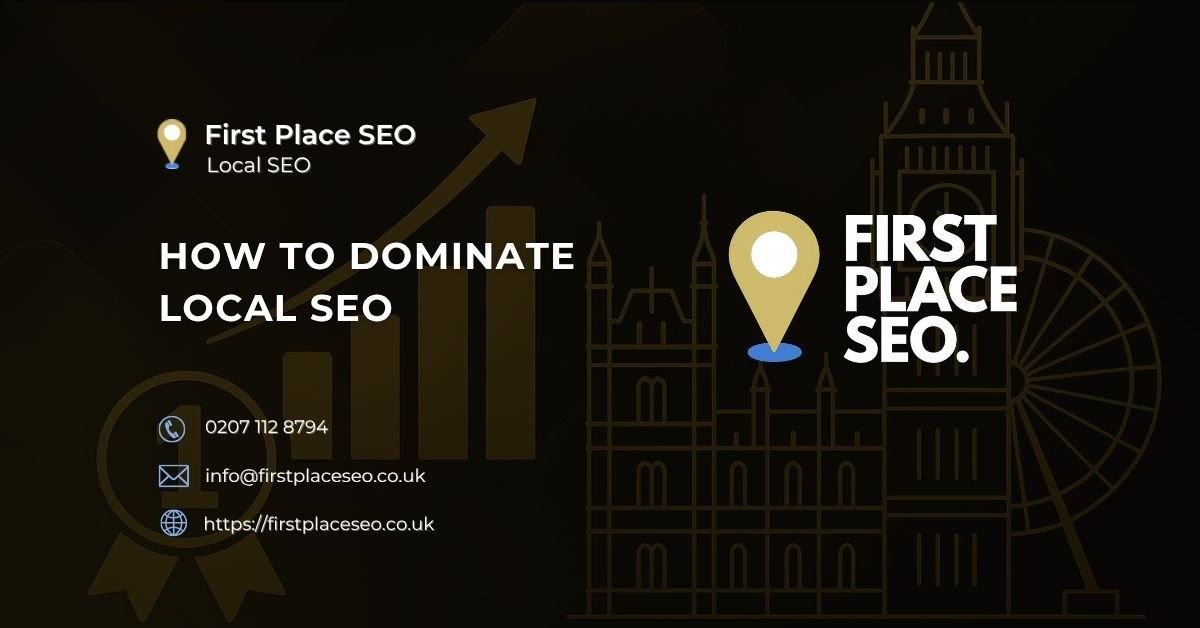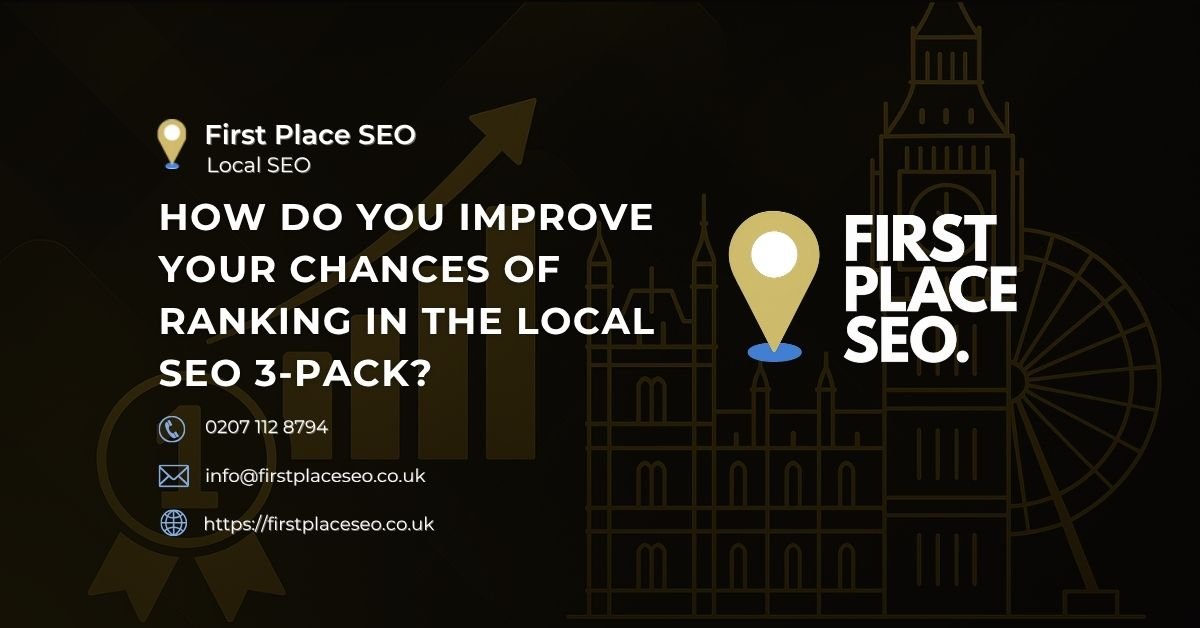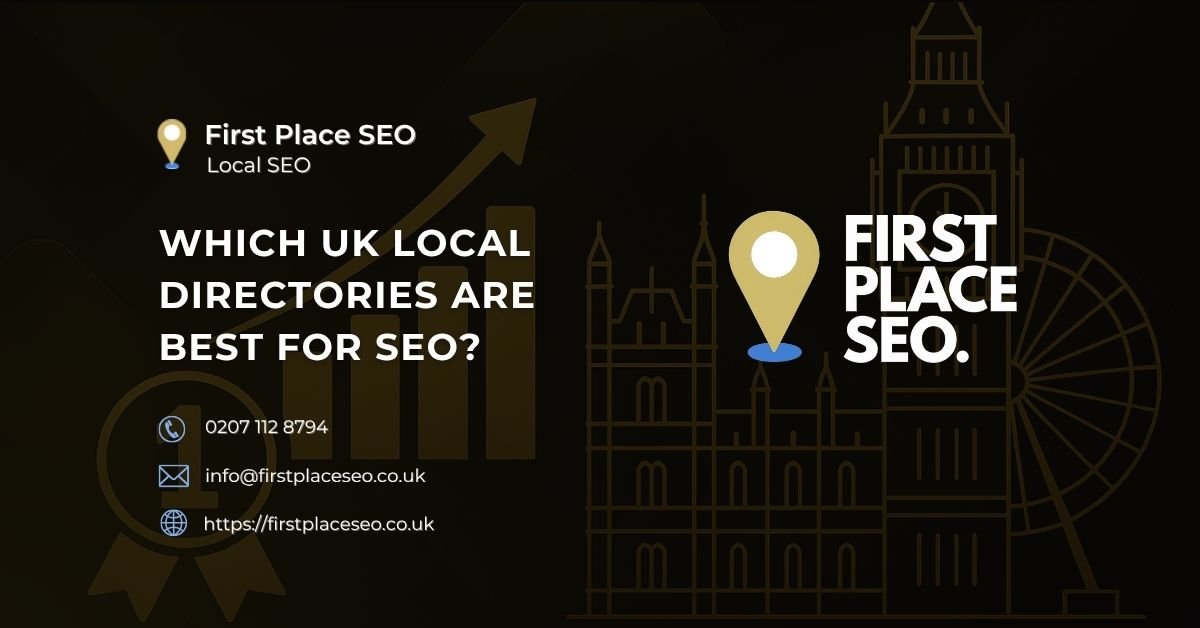How to Use Header Tags for SEO and User Experience
Learning how to use header tags properly can significantly improve your website’s search engine optimisation (SEO) and make your content more user-friendly. This guide provides a straightforward overview of how to use different levels of header tags—from H1 to H6—to organise your content effectively.
Begin with Header Tag Basics
The Role of H1 Tags: The H1 tag is essential as it primarily serves as the main title of your page. This tag should be used only once per page to outline the main topic clearly, aiding both search engines and users.
The Role of H2 Tags: These tags are used for titling main sections within your document. They help to organise the content clearly and make it easy for readers to follow the flow of the article.
The Role of H3 Tags: Use H3 tags to title subsections under the H2 headers. These are useful for breaking down information further into specific, detailed parts.
Using H4 to H6 Tags for Subdivision: These tags are appropriate for additional breakdowns within your sections. They should be used sparingly to keep your page from becoming cluttered.
Incorporating Keywords in Headers
Balancing Keywords: It’s important to integrate relevant keywords in your header tags to support SEO. However, it’s key to avoid overloading your headers with keywords as this can result in penalties from search engines.
Ensuring Header Accuracy and Descriptiveness: Your headers should accurately reflect the content that follows. This not only supports SEO but also improves the reader’s ability to scan through your content quickly.
Benefits of Using Headers Correctly
For Search Engines: Clear and well-organised headers help search engines understand the structure and content of your page, which can improve your site’s ranking.
For Users: Headers that clearly describe the content below them make your articles easier to skim through and more accessible, enhancing the overall user experience.
Maintaining Header Consistency
Consistent Use of Headers: It’s important to use a consistent style and format for all your headers to help readers follow your content easily.
Avoid Overusing Headers: While headers are helpful, too many can overwhelm the reader and disrupt the content’s flow. Use them judiciously to keep your content organised without overcomplicating it.
Styling Headers for Better Engagement
Using CSS for Styling: Applying CSS styles to your headers can make them stand out and help differentiate between different sections and subsections in your content.
Using Headers for Featured Snippets: Well-formulated H2 and H3 tags can improve your chances of appearing in featured snippets on search engines, potentially increasing traffic to your site.
Improving Accessibility with Headers
Assisting Screen Readers: Proper use of headers is also beneficial for accessibility, making it easier for screen readers to navigate through the content and for users with visual impairments to understand the structure of the information.
Monitoring and Adjusting Headers
Using Analytics Tools: Tools like Google Analytics and Search Console can provide insights into how effectively your headers are helping with user engagement and SEO. Use this data to refine your header strategy.
Adjusting Headers Based on Data: Based on your analytics, you might find that certain headers perform better than others. Use this information to tweak your headers for clarity and SEO performance.
Common Questions About Header Tags
- What is the primary role of an H1 tag? It sets the main title and theme of the page, which is crucial for SEO and user orientation.
- How many H2 tags should be used on a single page? The number depends on the content’s length and complexity but should align with the number of main sections.
- Does using too many header tags affect SEO? Yes, excessive headers can dilute the content’s focus and lower SEO performance.
- Why is consistency in header tags important? Consistency helps maintain a logical flow, making the content easier to read.
- How do header tags aid in content accessibility? They provide a clear structure that assists screen readers and users with visual impairments.
- What are best practices for styling header tags? Employ CSS to visually distinguish headers, improving both the aesthetic appeal and the navigational structure of the content.
By following these guidelines, you can optimise your header tags to improve both search engine rankings and user satisfaction effectively.



